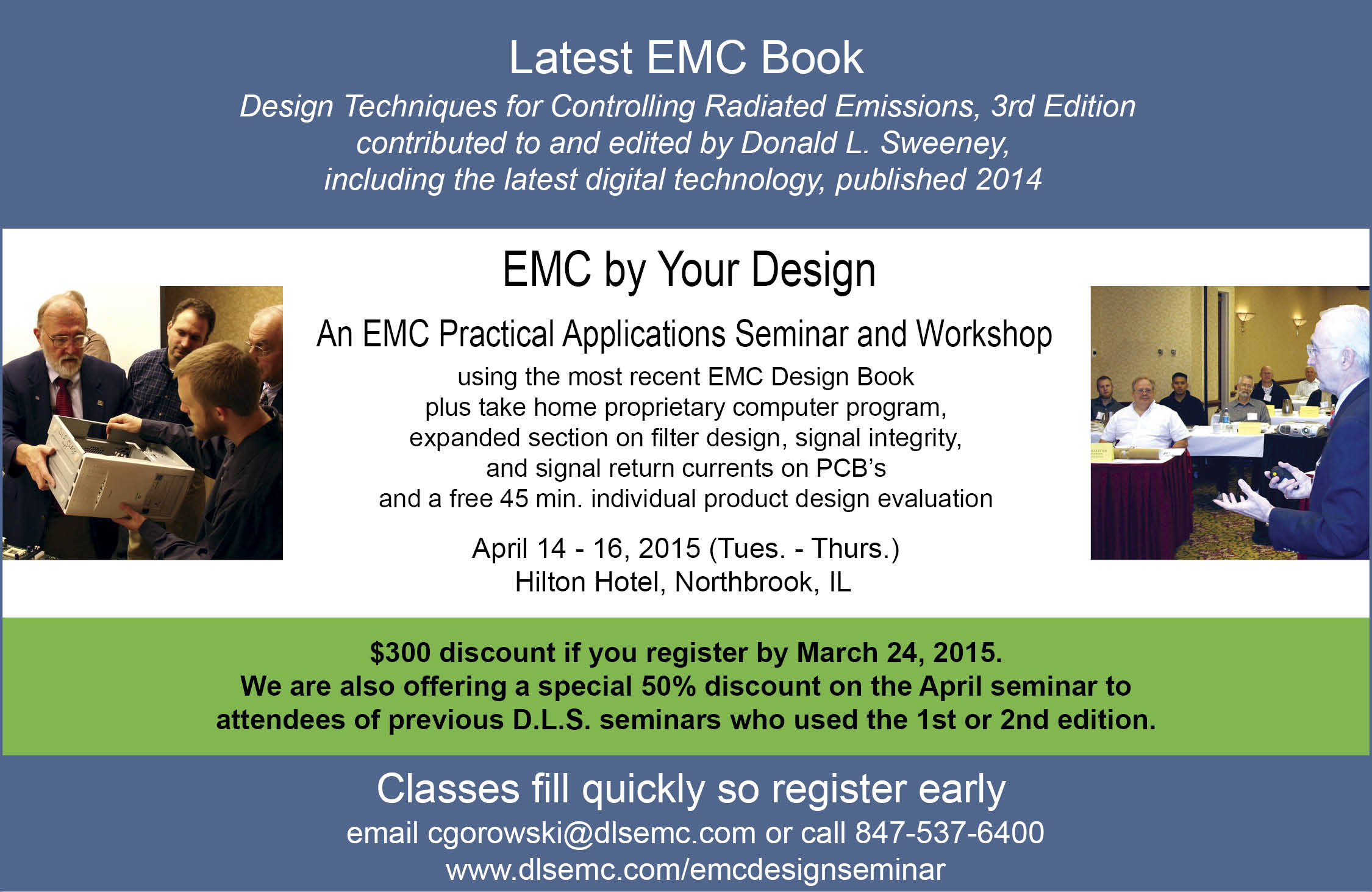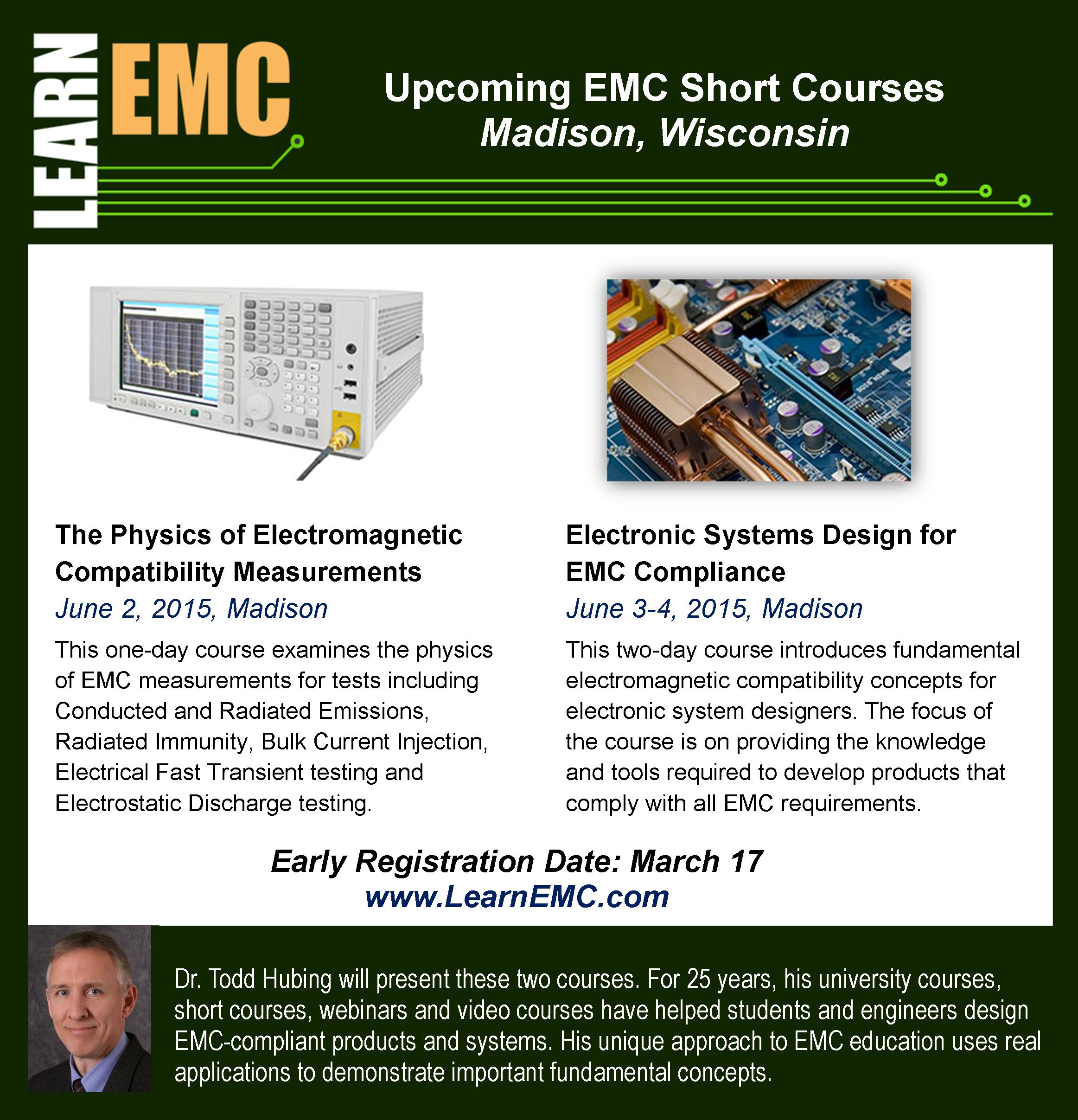Review
of February's Events
The
ECN Meeting: Tom Spinosa of J&K Security
gave an interesting talk on the future of home automation.
He reviewed the relentless advance of technology and what its
impact is on society. He projected how technological advances in
computing and networking as well as social media will push
advances in Home Automation. Except for voice recognition
technology that he claimed is "not there yet", all of the
building blocks are in place for advanced Home Automation
systems. A lively discussion ensued roughly breaking down
along generational lnes about the potential need for the Home
Automation systems.
The eLearning seminar on
Battery Basics was interesting, though somewhat dated.
Those in attendance felt that the latest advances were not
covered. I learned quite a bit about batteries and thought
it was a worthwhile seminar. PDH/CEU credits were
available for those interested in getting them.
The February Section Meeting was
attended by over 25 people. Scott Olsen used projections
on energy use across a number of sources to show where we are
today and what is projected for tomorrow. The talk was
also well attended by IEEE Student Branch members. I was
surprised at a graph of cost to add new energy verses type
added. Energy Efficiency was one of the best.
The Region 4 Student Leadership
Conference at UW-Madison was quite a success, despite
UW-Madison being selected very late in the game after IIT
dropped out. The IEEE-Madison Section kicked in some money
for the deposits, but most of the cost of the conference was
borne by corporate donations that the students raised through a
direct appeals. There were Banquets with keynotes, Tech
Talks, leadership training events, student project exhibitions,
student competitions, and opportunities to met with corporate
recruiters. I was impressed with the competitions that
featured "Brown Bag Circuits" where students had to build
circuits from a bag of parts with a general outline of what it
was to do, a Micro-Mouse-Maze event with specific mazes that had
to be run, and a paper/presentation on Ethics from a description
of an ethical dilemma.
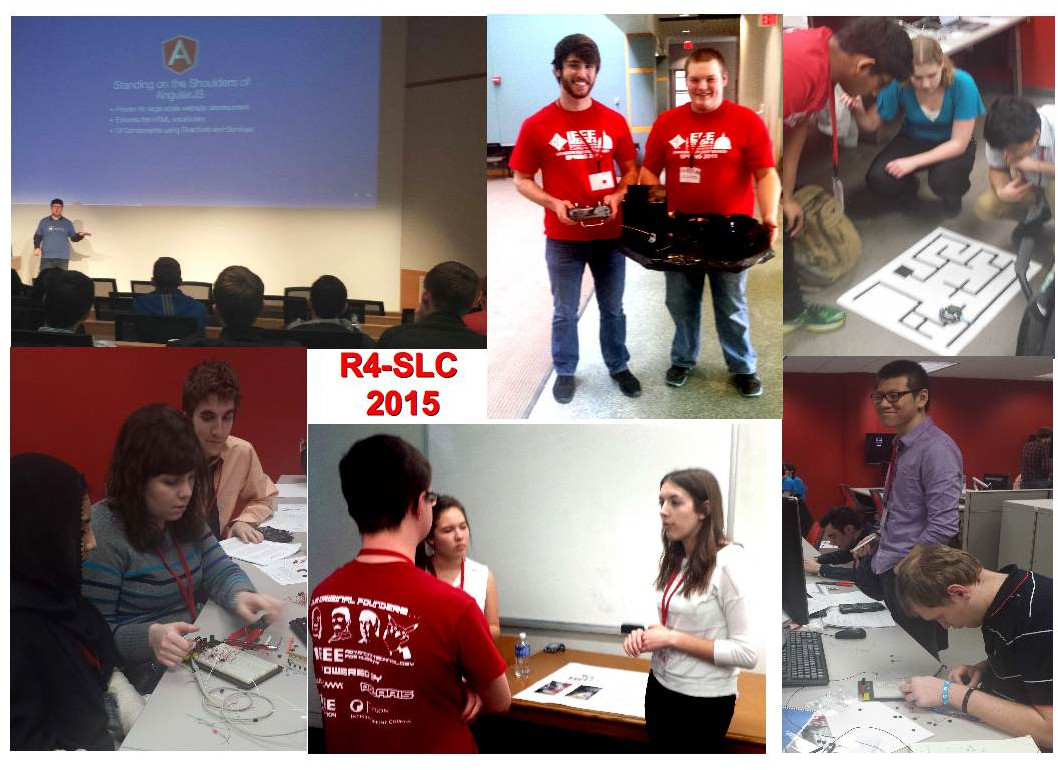
UW-Madison "Drone" Project
Update: After a project kick-off meeting in
mid-February, ten students are participating in using Drones to
solve societal problems. The students are now
collaborating with David Drake, Associate Professor and
Extension Wildlife Specialist in the Department of Forest and
Wildlife Ecology at UW-Madison and his graduate students as they
track fox and coyotes in Madison. This gives additional
incentive to the students and an opportunity to talk directly
with an on-campus "customer" who can help direct the goals for
the project. In the meantime, a prototype "quad" antenna
and a pseudo-doppler switch has been fabricated, in part using
the surface-mount reflow equipment in the ECE Department.
Project Lifesaver International has sent a pair of their
transmitting bracelets and the students have purchased loCATor
transmitters of a similar size for ham-band use. Initial
tests of the switch with DVB-T dongles and Software Defined
Radios using the loCATor transmitters are promising.
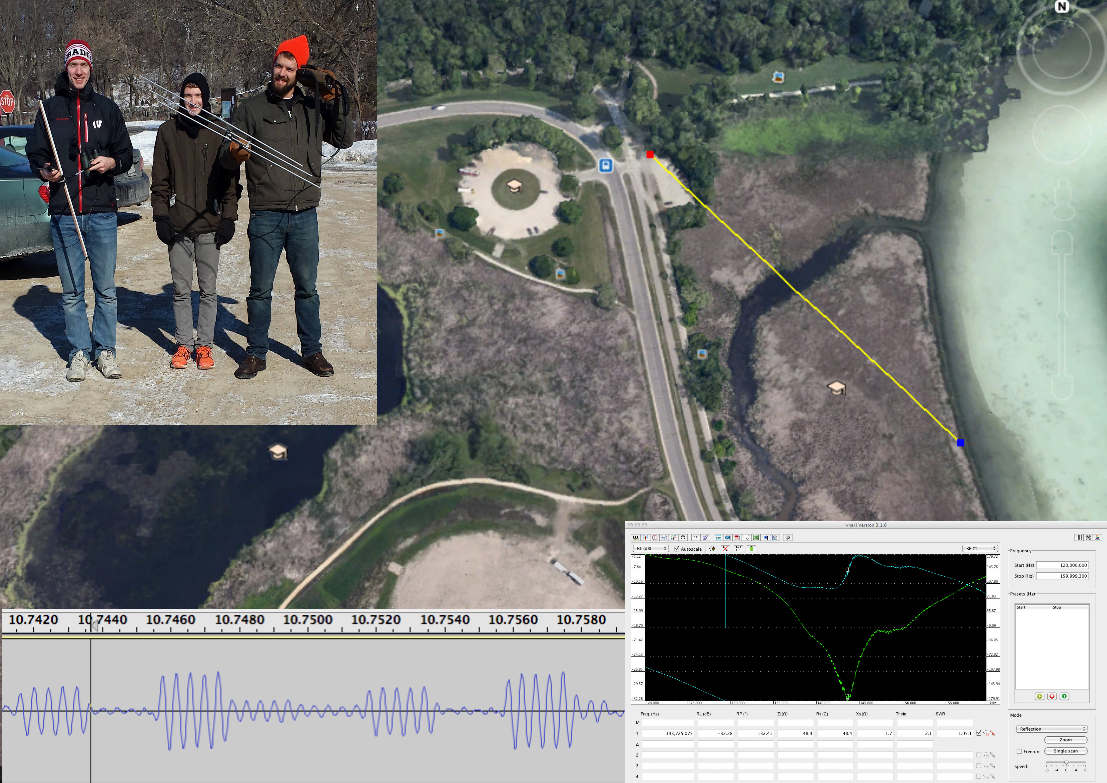


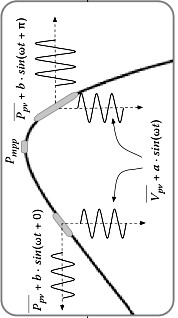
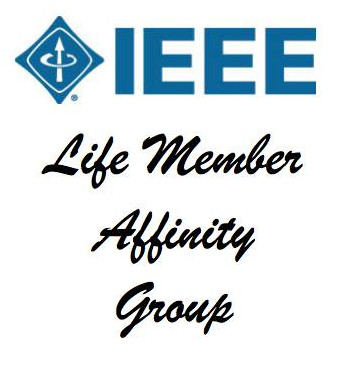
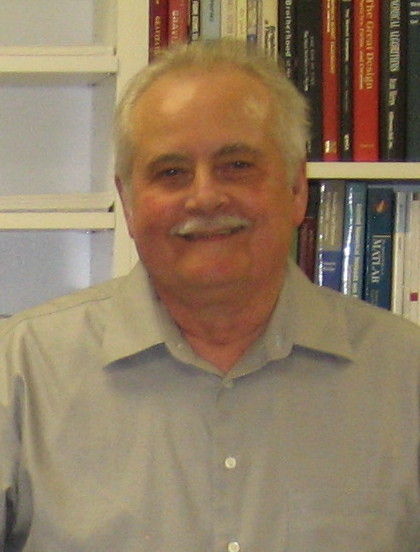
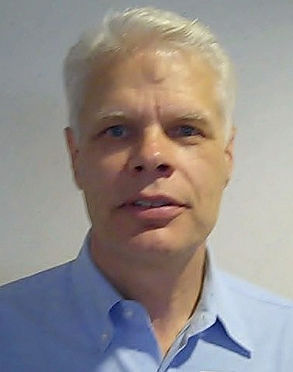

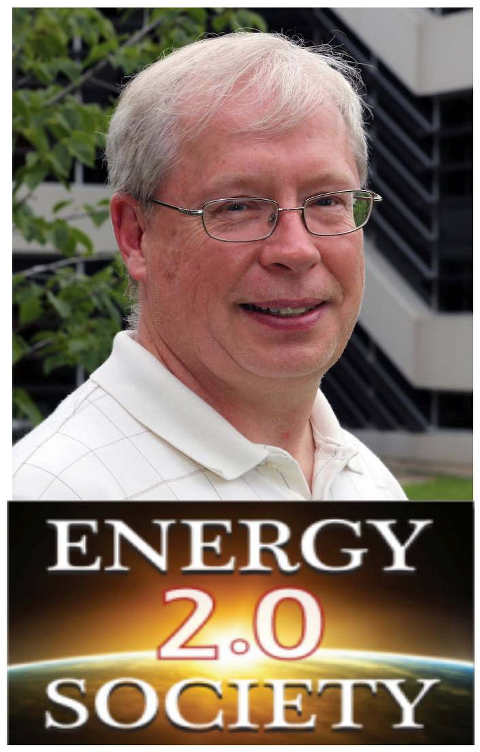


 The Institute of Electrical and
Electronics Engineers or IEEE (read Eye-Triple-E) is an international
non-profit, professional organization dedicated to advancing
technology innovation and excellence for the betterment of humanity.
IEEE and its members inspire a global community through IEEE's highly
cited publications, conferences, technology standards, and
professional and educational activities. It has the most members of
any technical professional organization in the world, with more than
300,000 members in around 150 countries. The IEEE consists of 38
societies, organized around specialized technical fields, with more
than 300 local organizations that hold regular meetings. Discover what
IEEE Member Discounts can offer you. The Member Discounts portfolio
consists of insurance products and programs for the home, office and
travel, all at excellent group rates and reduced pricing. Visit IEEE
Member Discounts to see what’s available in your location and enjoy
the savings, For more information, please visit: IEEE.ORG.
The Institute of Electrical and
Electronics Engineers or IEEE (read Eye-Triple-E) is an international
non-profit, professional organization dedicated to advancing
technology innovation and excellence for the betterment of humanity.
IEEE and its members inspire a global community through IEEE's highly
cited publications, conferences, technology standards, and
professional and educational activities. It has the most members of
any technical professional organization in the world, with more than
300,000 members in around 150 countries. The IEEE consists of 38
societies, organized around specialized technical fields, with more
than 300 local organizations that hold regular meetings. Discover what
IEEE Member Discounts can offer you. The Member Discounts portfolio
consists of insurance products and programs for the home, office and
travel, all at excellent group rates and reduced pricing. Visit IEEE
Member Discounts to see what’s available in your location and enjoy
the savings, For more information, please visit: IEEE.ORG.
